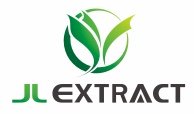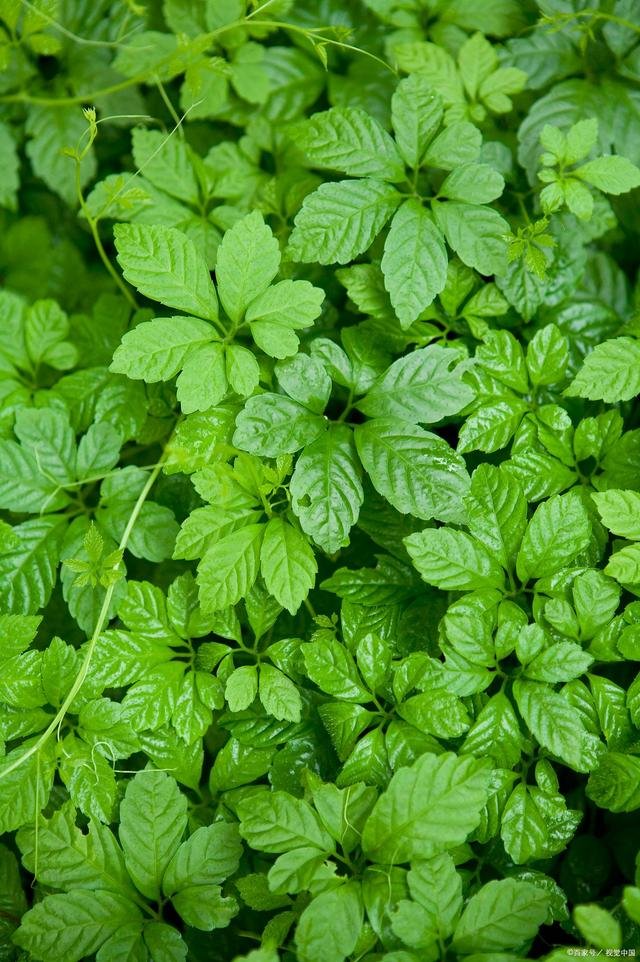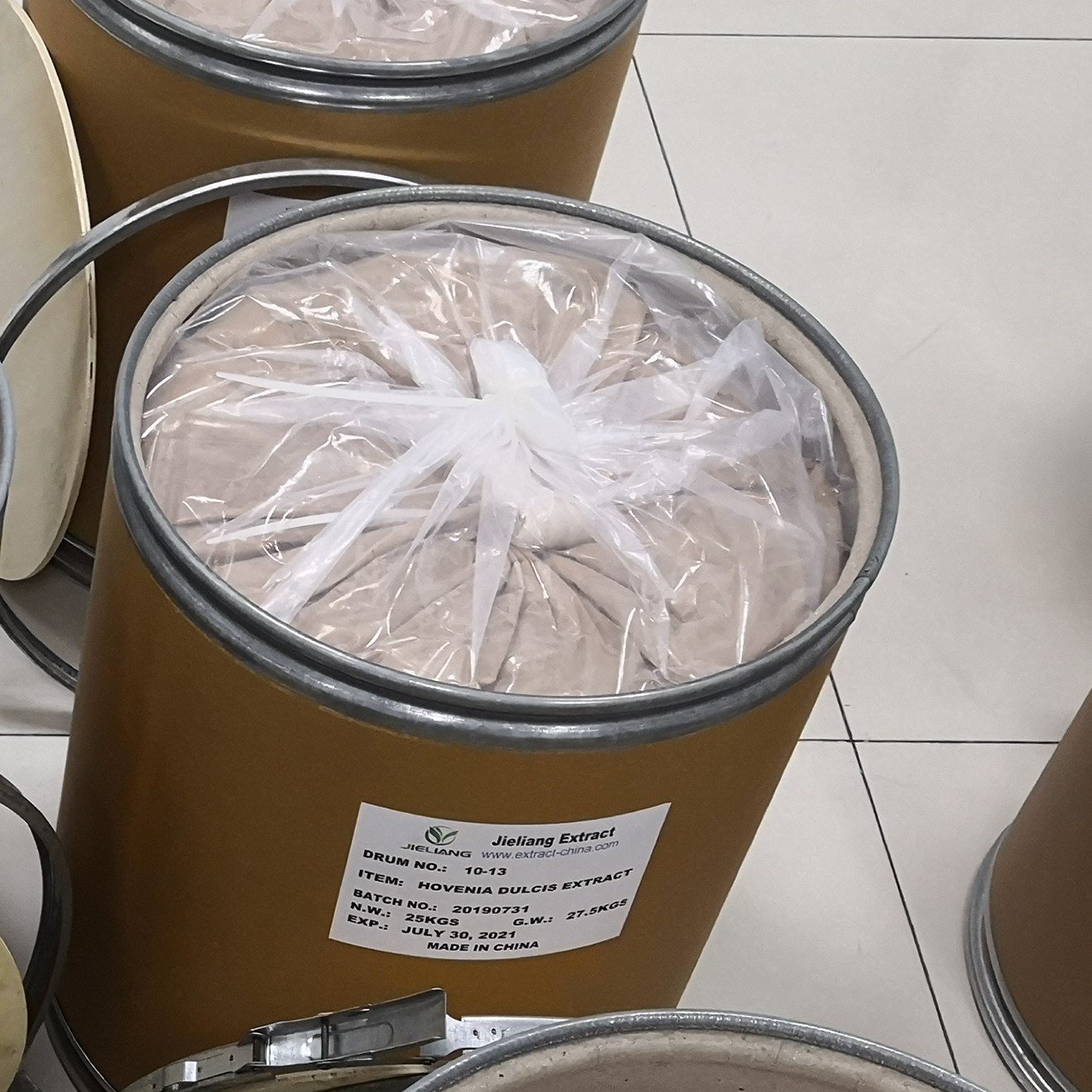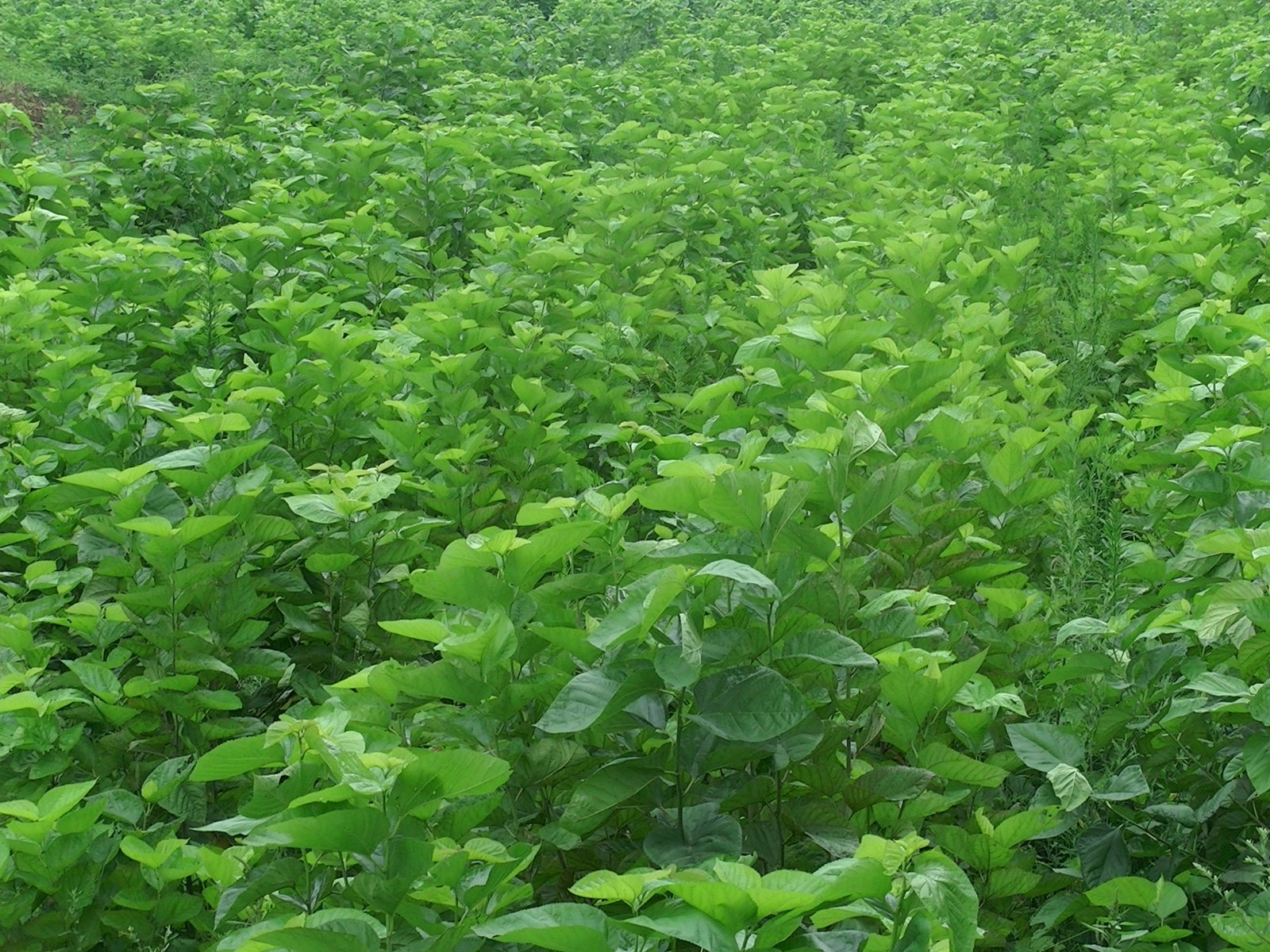Silibinin (Silybin, Silybinin, CAS NO.22888-70-6, Mocular:C25H22O10) a natural polyphenolic flavonoid, is a major bioactive component of silymarin isolated from the plant milk thistle (Silybum marianum) that has been extensively used in treating hepatic ailments in Asia and Europe.
FIND YOUR PRODUCTS






